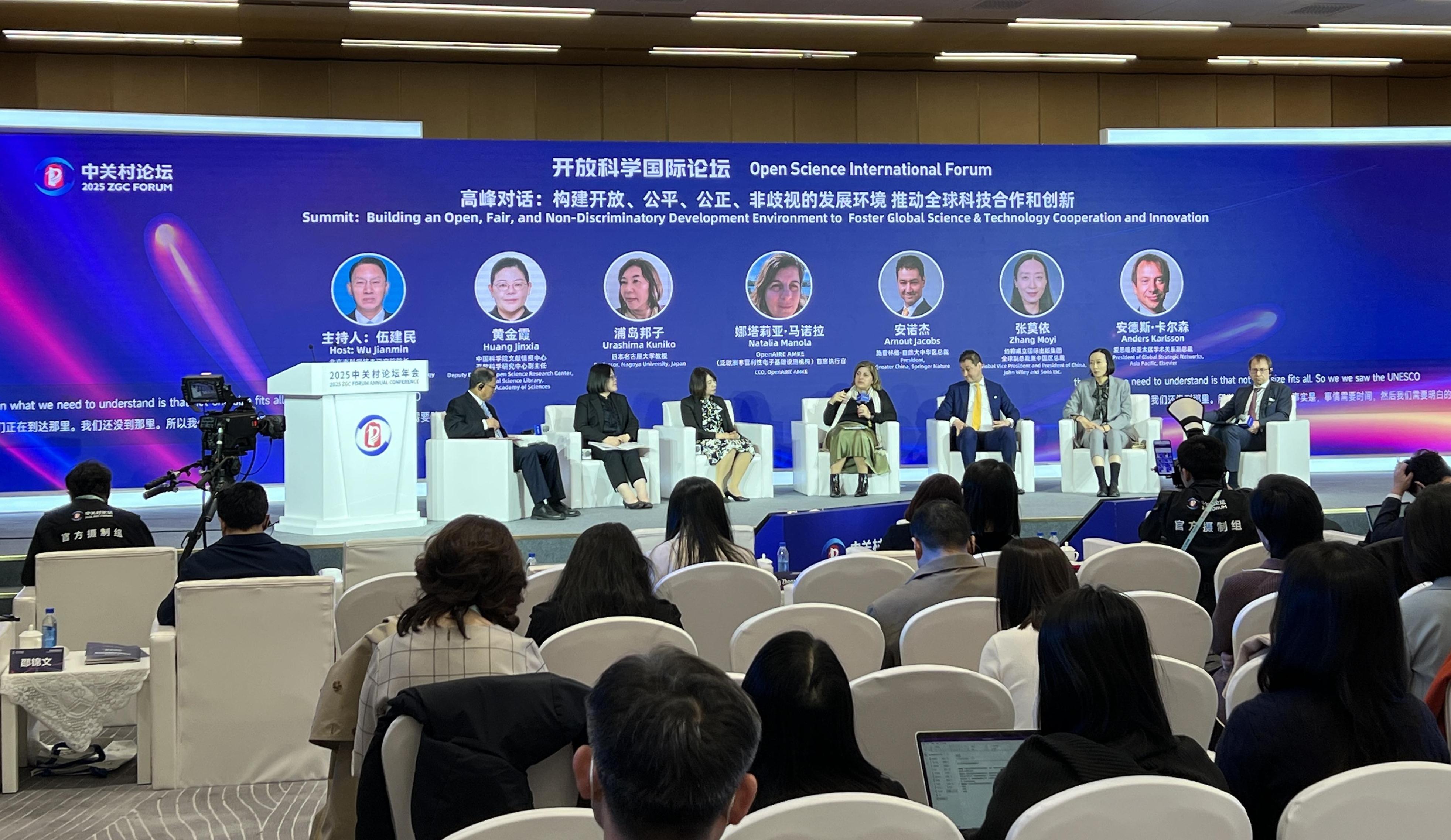Innovation Fuels Private Sector Growth
Xi Jinping, general secretary of the Communist Party of China Central Committee, stressed the role of private enterprises in advancing China's broader goals in terms of technological innovation, promoting rural vitalization and improving people's well-being at a symposium on private enterprises in Beijing on February 17.
His speech provided the direction for breaking new ground for the development of the private sector. The symposium sent the signal that the Chinese government is committed to high-quality development of the country's private sector, opening new imaginative space for its development.
As an important part of the national economy, the private sector is the main driver of startups and employment, and a key player in technological innovation. It contributes more than 50 percent of the tax revenue, 60 percent of the GDP, and 70 percent of technological innovation achievements. It also accounts for 80 percent of jobs and 90 percent of enterprises, laying a critical foundation for China's high-quality development.
Xi urged entrepreneurs to focus on high-quality development, invest in their main businesses, strengthen their capacities for innovation, and increase their core competitiveness.
Sci-tech innovation has become the key to realize high-quality development in the private sector. In recent years, China's private enterprises have demonstrated robust momentum in innovation.
Notably, the emergence of DeepSeek has taken the international large language model industry by storm, while robots from Unitree Robotics were a major attraction at the Spring Festival Gala. There is now unprecedented public attention to the sci-tech innovation prospects of private enterprises and high expectations.
A new round of sci-tech revolutions and industrial transformations are bringing new opportunities for innovation and upgrade of private enterprises. On the one hand, there are major breakthroughs in sectors like AI, quantum technology and life sciences.
On the other hand, the overall efficiency of China's national innovation system is rising, increasingly playing an important part in the global innovation chain.
All this is creating new supply and demand for the private sector, providing a much broader space for its development.
To realize high-quality development, private enterprises need to strengthen their awareness of sci-tech innovation, and seek innovation-driven development instead of the traditional labor or resource-driven path.
Actually, private enterprises have their unique advantages in sci-tech innovation. They are able to accurately grasp the technological demands and trends with acute market insights, boldly invest in R&D with flexible management mechanisms, and recruit talent with adjustable payment and employment mechanisms, rather than following rules rigidly.
By making full use of these advantages, they can strive for sci-tech innovation faster and better.
Governments at all levels need to improve their service consciousness and optimize the environment for innovation to facilitate high-quality development of the private sector with sci-tech innovation.
The presence of six Chinese trail-blazing tech companies, popularly known as the Six Little Dragons, in Hangzhou has created a saying: "Respond according to request, no intervention without being asked." This means the government should offer help when enterprises need it in a quiet and smooth way, without undue intervention.
The government needs to reinforce support for innovation by private enterprises, improve the allocation of sci-tech innovation resources, and drive the revolution of the way major innovation projects are organized. It should support private enterprises with strong research and development capabilities to take the lead.
To innovate is to develop, and to plan for innovation is to plan for the future. With the help of sci-tech innovation, China's private sector will open up new horizons for development and a brighter future.







